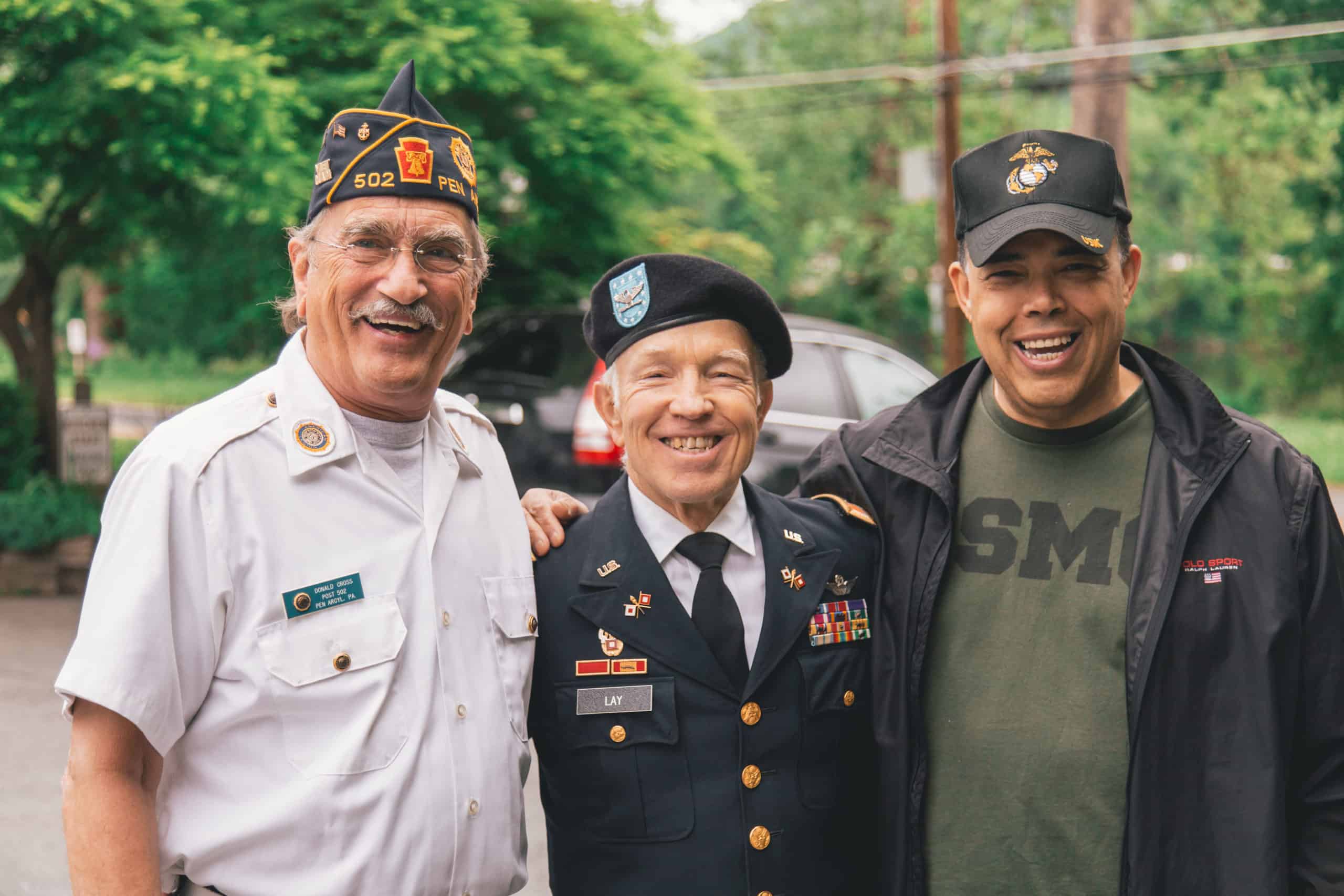Respectful Communication Is Part Of How To Have An Enlightening Conversation With A Veteran
Pegasus skilled in-home caregivers in Agoura and elsewhere have a variety of backgrounds and experiences. Some are veterans of America’s armed forces. They help families and our career home health care nurses have enlightening conversations with the veterans they assist.
November 11 is Veterans Day, the date set aside to honor veterans. People all through America participate in ceremonies, many of which are conducted at 11:00 a.m.
Honoring veterans on their day every year is important. But they don’t then vanish and reappear next November 11. They are part of everyday life in most communities.
Avoid Stereotyping Veterans
A veteran is essentially like any other person, and most are doing the same things daily that others are. When you want to have a conversation with a veteran, you conduct it the way you do with other individuals. You rarely start discussing their war experiences until you know them better.
People like to fit others into slots. You’re probably familiar with nurse and caregiver stereotypes. Try to overcome categorizing a veteran as one of these stereotypes:
- Hero – the brave warrior
- Villain – the brutal killer
- Victim – tricked into volunteering to fight a war and returned home broken
Nearly everyone can name at least one instance of a veteran the stereotypes describe. But most veterans have the same characteristics as any other group of human beings. Treating them as the unique individuals they are is how you have an enlightening conversation with a veteran.
Communication Starts With Respect
There’s tons of advice on how to converse successfully with a veteran. But there’s one tip that is more important than any other. And that is to talk to a veteran with the same respect and compassion that you show to anyone else.
As a home health care nurse, helping families of your senior clientele is part of your services. Family members may be afraid or unsure of how to talk to their veteran. That can leave their loved one feeling lonely and that their sacrifices mean nothing.
You can start opening the lines of communication because you are more objective. You understand how to respect boundaries. As part of your caregiving, you can create an opportunity for the veteran to talk about their experiences.
Help Family Members Learn How To Talk To Their Veteran
As the veteran begins to open up, teach the family members to:
- Avoid judging
- Be patient, and give their loved one time
- Listen without interrupting or making assumptions
- Show appreciation
Explain that pressing for details can create problems and should be avoided.
In general, most civilians have positive feelings about veterans. They mean well when they interact with someone with combat experience. Despite curiosity that friends and family have, advise them against asking the following:
- Did any of your friends die?
- Did you kill anyone?
- Did you see dead bodies?
- What was your worst experience?
Questions like these are bound to bring up terrible memories. The veteran may not be ready to talk about them, even to loved ones.
Many individuals incorrectly assume that all veterans have PTSD. They do not. Your training as a nurse enables you to make sure that family members have accurate information.
If the veteran does have PTSD, help is available. Assist the individual and their family members with obtaining therapy if they aren’t receiving counseling. You can also help the family with special tips for communicating with someone who has PTSD.
Tips For Conversing With A Veteran About Their Service
Arguing about whether a war was justified is usually counter-productive in having an enlightening conversation with a veteran. Veterans often have skills, knowledge, experiences, and interests unrelated to their military service. Talking about those can be an excellent way to start a conversation.
When your discussion with a veteran veers to their military service, consider asking questions like the following:
- In which branch of the armed forces did you serve? Did you have a special reason for choosing that branch? What inspired you to join the military?
- Have you kept in touch with friends you made while serving? Do you belong to any military organizations?
- What was your specialty while on active duty? Did you choose that specialty? If so, why? What did you like most about your job?
- Were you deployed outside the States? Where? Did you volunteer to go there? What did you find most interesting about that country? Was there something you learned during your foreign tour that surprised you?
- What was your funniest experience during your time of service?
Most can sense whether you’re genuinely interested and respond with engrossing stories.
If you want to thank a veteran for their service, make it meaningful. Express your gratitude in a sincere way that shows you understand their sacrifices. Tossing out a blithe “thanks for your service” can be offensive.
Pegasus is a licensed Home Care Organization and a Joint Commission Accredited Home Health Care organization. Veterans Day is every day for the in-home caregivers assisting veterans in Agoura and our other locations. Our career home health care nurses treasure the enlightening conversations and personal stories they hear from all our senior clientele.

